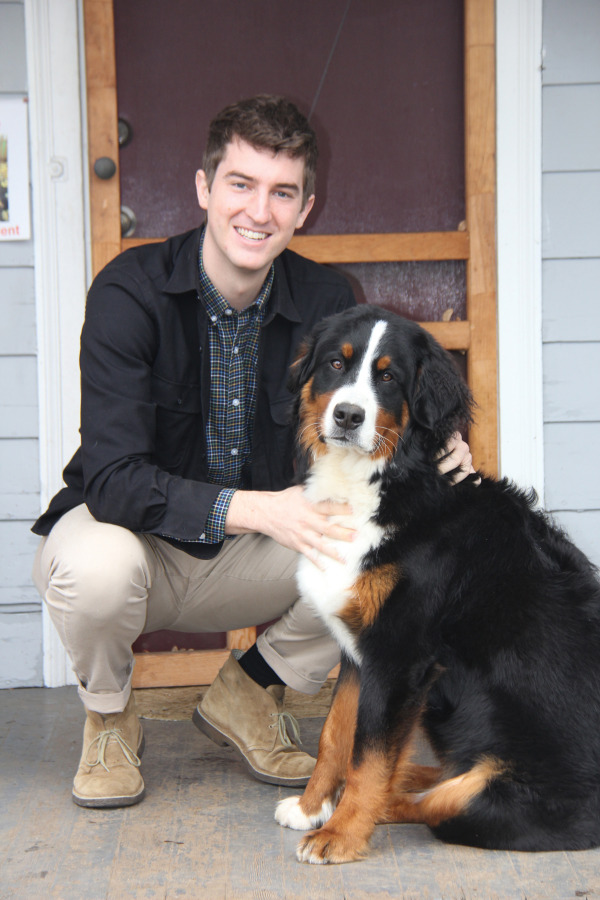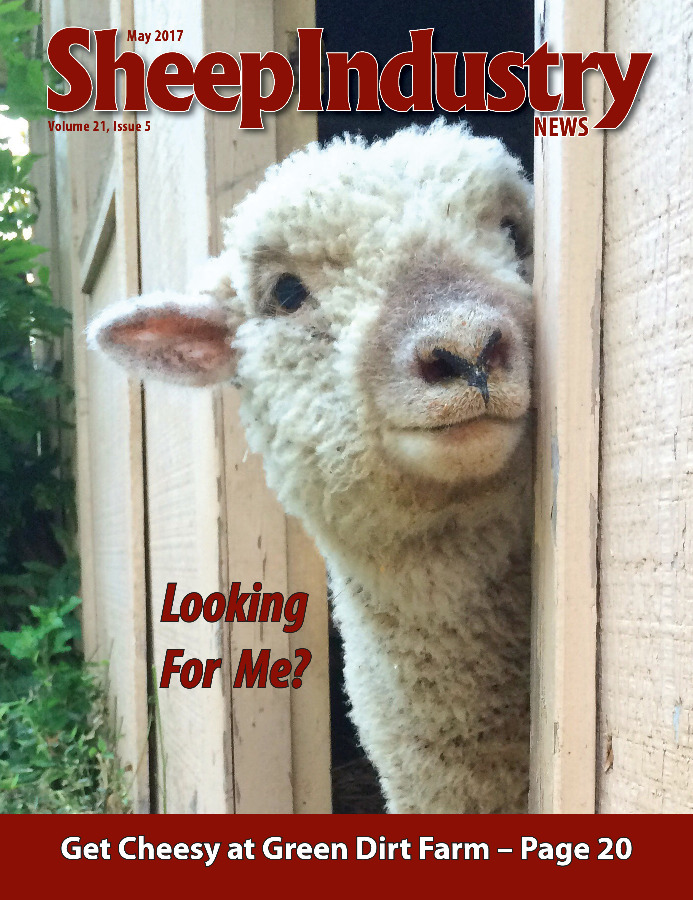Young Entrepreneur
Mac Bishop, Portland, Ore.
Essentially royalty in the American wool industry, Mac Bishop is the 28-year-old entrepreneur behind online clothing retailer Wool&Prince. Guided by principles learned in the family business (Pendleton Woolen Mills), the Portland native combined his Cornell University business training and an online challenge to create a wool shirt frenzy that skyrocketed Wool&Prince from the planning stage to national headlines in 2013.
 I graduated and got a job at Unilever, a big consumer products company. It was a business-casual environment, so I wore the usual Brooks Brothers non-iron, button-down into work. They were great, but they would smell after two or three wears. I had what I thought, at the time, was a very expensive dry cleaning bill. So I tried to figure something else out. I started wearing the vintage Pendleton wool shirts into work and realized that I didn’t have to wash them. They didn’t wrinkle, didn’t smell and I rarely even hung them up. I realized that a business-casual, wool shirt could really do well with the people who are looking for wrinkle and odor resistance. There was also the insight I had from growing up in a family that owns a woolen mill. That familiarized me with the details of manufacturing and running an apparel company. So, I came up with the idea to wear a Pendleton wool shirt for 100 days in a row without cleaning.
I graduated and got a job at Unilever, a big consumer products company. It was a business-casual environment, so I wore the usual Brooks Brothers non-iron, button-down into work. They were great, but they would smell after two or three wears. I had what I thought, at the time, was a very expensive dry cleaning bill. So I tried to figure something else out. I started wearing the vintage Pendleton wool shirts into work and realized that I didn’t have to wash them. They didn’t wrinkle, didn’t smell and I rarely even hung them up. I realized that a business-casual, wool shirt could really do well with the people who are looking for wrinkle and odor resistance. There was also the insight I had from growing up in a family that owns a woolen mill. That familiarized me with the details of manufacturing and running an apparel company. So, I came up with the idea to wear a Pendleton wool shirt for 100 days in a row without cleaning.
I wore the wool shirt 100 days in a row and launched a Kickstarter campaign. It went totally viral because people thought it was crazy that I was wearing this same shirt for 100 days. Jay Leno cracked a joke about us two nights in a row, (David) Letterman cracked a joke about it. We were on the front page of CNN, Yahoo, AOL, Huffington Post. My dad it was probably the most media attention the wool shirt has ever received. That’s how we got our start. We’ve since expanded into underwear, T-shirts, socks, casual shirts and now we’re offering the Made in the USA collection.
That line has been a fun, passion project that I worked on for more than a year. Pendleton’s Umatilla fabric was the obvious choice for a heavier weight shirting material. But the labels were almost impossible. There are only a handful of woven label manufacturers in the United States anymore. The domestic wool is sourced through Pendleton from mostly the Pacific Northwest and Rocky Mountain regions. It’s then scoured in San Angelo, Texas, before going to Pendleton’s facility in Washougal, Wash., to be dyed, woven and finished. The buttons are from Iowa, labels are from Tennessee, thread is from North Carolina and interfacing is from Florida. And those vendors source raw materials domestically, too.
I met up with (Oregon sheep producer) Cody Wood when he was dropping off his wool at Columbia Scouring. He introduced me to a guy who is making boots, and we started chatting. He said it would be cool to use his Made in the USA platform for apparel. We started discussing a collaboration that never came to life, but instead of shelving the concept, I continued to line up sources for the Made in the USA collection and launched it in November 2016. It’s been cool to get into the details of making something. Most of our products are produced overseas. For example, when you’re making a shirt in China, you get a fabulous product, but you’re removed from the process and don’t get to see all the pieces come together.
With the Made in USA collection, I drive 10 minutes down the road and I can see the process. The shirts are cut and sewn right here in Portland. On this collection, it’s really more of a passion product. I’m not really making any money on it, at this point. It’s hard to make money on something of this scale, but it’s been a great learning experience. With Asia, we’re making custom fabrics, so there are really high minimums. But here, I’m just buying the fabric off the roll. I can make a dozen shirts instead of hundreds. Anybody can go into Pendleton’s store and buy the fabric I’m using. That has allowed me to get up to nine different shirts in the Made in the USA collection. Initially, we launched with three designs. The response has been good, but not crazy. We probably sold 60 to 70 percent of the first run and now 30 percent of the second run, which just came out earlier this year. I’m excited to see if the Made in the USA collection is introducing new customers to the brand.
The Kickstarter campaign got us momentum and got us going. It was a once-in-a-lifetime type of opportunity with the exposure we got. We sold 3,000 shirts in 10 days, but had to cut the campaign off because we wanted to make sure we could deliver on all the orders. It was a great feeling, but terrifying at the same time. Will customers like the hand feel? Will they like the fit? Will they get the delivery on time? But it turned out that our biggest mistake was not ordering enough inventory.
I was always interested in entrepreneurship. When I was younger, I told people I wanted to be an inventor. An entrepreneur is basically a modern-day version of the inventor.
To learn more, visit WoolandPrince.com


